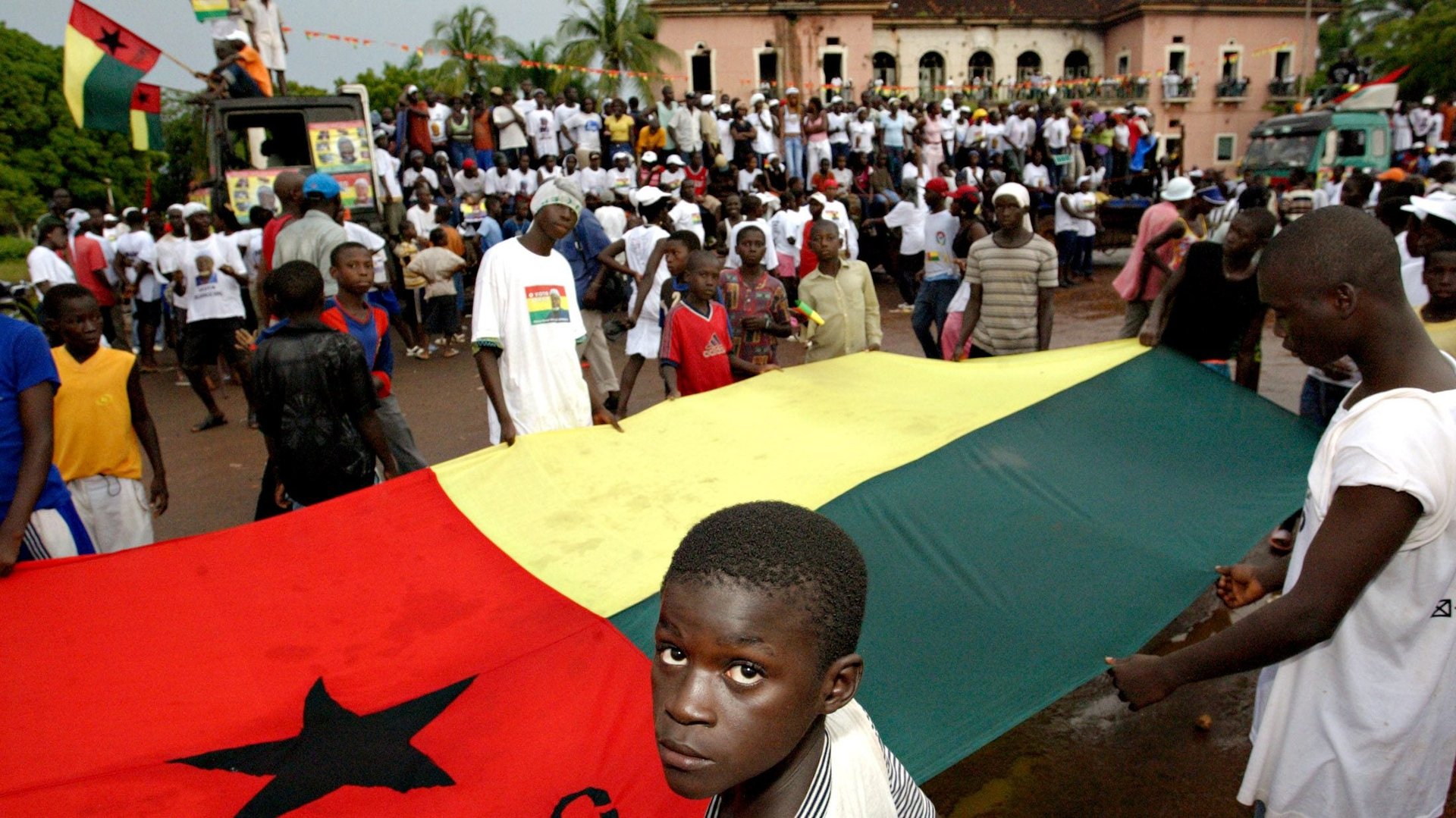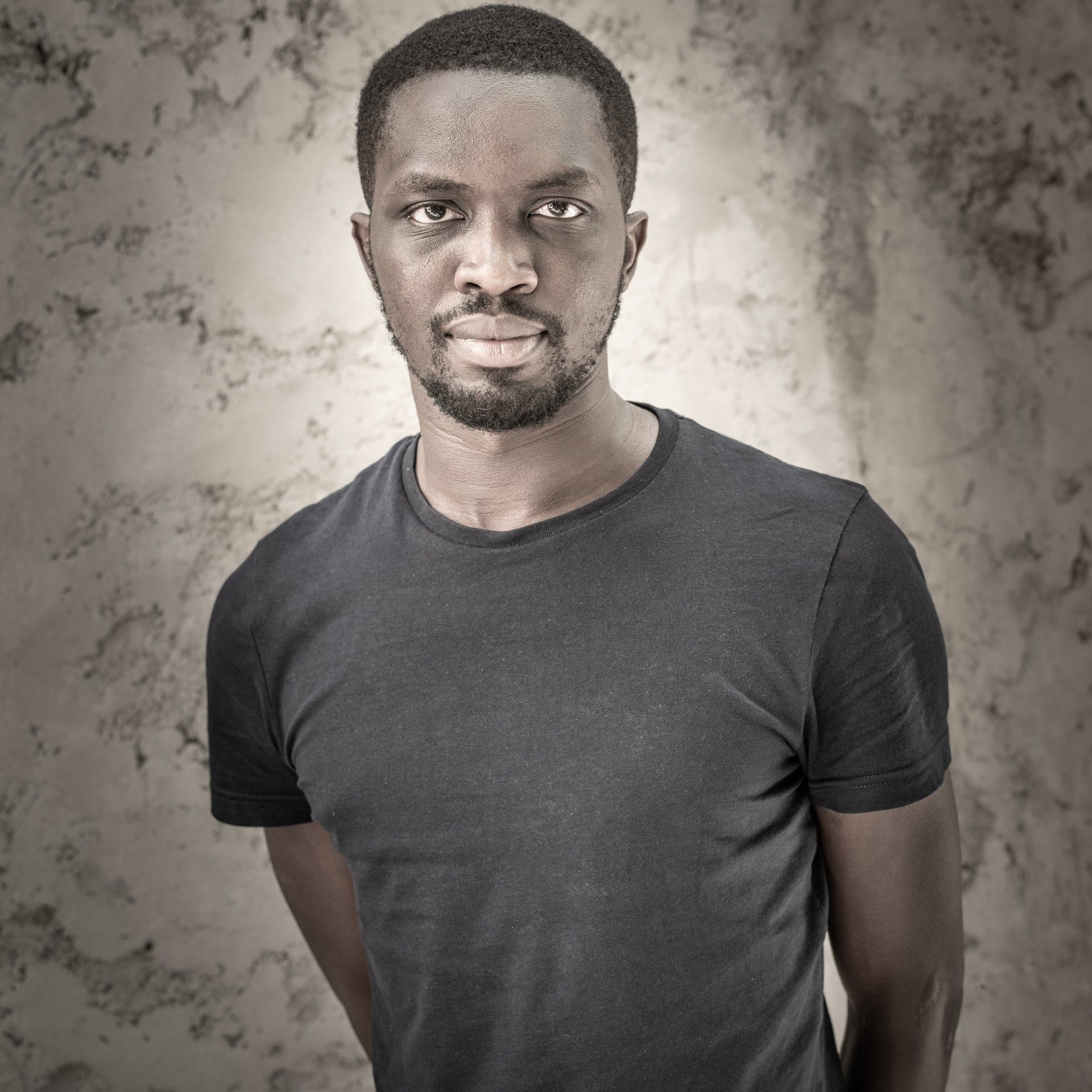Senegalese author Mbougar Sarr discusses writing, politics, and culture following his Goncourt award
It’s been a rewarding year for African writing. In June, French writer David Diop won the international Booker Prize for examining two Senegalese soldiers in the trenches of the first World War. Zanzibar-born novelist Abdulrazak Gurnah won the Nobel prize for literature in October while Senegalese novelist Boubacar Boris Diop scooped the Neustadt international prize three days before South African Damon Galgut won the Booker prize (given for works first published in English before translations.)


It’s been a rewarding year for African writing. In June, French writer David Diop won the international Booker Prize for examining two Senegalese soldiers in the trenches of the first World War. Zanzibar-born novelist Abdulrazak Gurnah won the Nobel prize for literature in October while Senegalese novelist Boubacar Boris Diop scooped the Neustadt international prize three days before South African Damon Galgut won the Booker prize (given for works first published in English before translations.)
But while these were established authors receiving accolades for decades of output, 2021 ushered in a new African star in Mbougar Sarr, the 31-year-old Senegalese who became the first Black person to win the Prix Goncourt, France’s most prestigious prize in literature, since 1921. He won for The Most Secret Memory of Men, his fourth novel (and fifth work) which was published this year.
Sarr doesn’t remember when he decided to become a writer but, like many African storytellers, he credits older women in his family for supplying “lots of stories” as a child. Mature influence started with Senegalese writers, from Léopold Sedar Senghor (Senegal’s first president) to Aminata Sow Fall.
Other African writers—Ayi Kwei Armah, Chinua Achebe, Yambo Ouologuem, Ahmadou Kourouma, Mongo Beti, Naguib Mahfouz—were inspirational, as were Balzac, Victor Hugo, Stendhal, Dostoyevsky, and other Europeans.
Inspiration has also come from music. Sarr vibes to the Senegalese singer Omar Pène and his Super Diamono band, with a bit of Leonard Cohen, and Adele. These influences paint a patchwork of how a record-breaking young African writer is formed. But how is Sarr handling his new status? Quartz asked him. The conversation has been edited for clarity.
Have you always seen yourself as a Goncourt-winning author?
No no, I never thought it could be possible. It’s important and pleasant to win prizes but I am not sure it is the main goal of writing. Of course I am very happy with the Goncourt but it was not an obsession or strong desire.
You won it for The Most Secret Memory of Men, your fifth book. Why did you write it and how is it different from your other works?
It’s for readers to judge differences but I have become more experienced over time. I started writing this book in 2018 but the desire to write it is probably 10 years old.
Reading Bound to Violence by Yambo Ouologuem when I was probably 16 gave me a desire to one day be a writer. And so even when I wrote my first book (Brotherhood) in 2015, I already was thinking about the ideas expressed in The Most Secret Memory – an African writer in France, silence and disappearance, memory, transmission, colonization. These became clearer in my mind between 2015 and now.
So did you have an agenda for the book? Was there something you wanted to achieve with it?
The only agenda was a literary agenda really. It was a personal desire because I was at a kind of crossroads in my literary evolution. I just wanted to write a novel about the way literature is involved in our social and political life, to say that literature is not an activity in isolation.
Writing is living deeply in society. Writing is dealing with social and political issues. Writing is dealing with the material and the philosophical. What I wanted was to have a reflection of the situation of African writers in France, now and in the past.
Is it possible for an African writer to just focus on writing without seeking to actively influence society?
My writing has to influence society but society is an abstraction. As a writer, the relationship I want to build is with the reader. I try in each book to create a space for a debate, for an intellectual and emotional dialogue.
That’s a way to transfer something – not to society in general, but to one individual person. In that way, literature is political but this political aspect always goes through language and aesthetics. I never forget that literature is, maybe, above all an art. The aesthetics question, with how you use language, comes before the political question.
Achille Mbembe, the Cameroonian philosopher, was recently enlisted by president Emmanuel Macron of France to promote his Digital Africa agenda this year. What is the role of literary writers in directing the future of France-Africa relations?
It’s not that different. I was alongside Mbembe because he asked me to work with him on the Montpellier summit this October. As a writer, I have been preoccupied by the question of the relation between the French language and African languages, for example.
But I am not sure it is the role of literature to untie historical dependency, at least not directly. I am not sure writers need to be heroes who come and declare what has to be done. There are many others who can – activists, political leaders.

Of course a writer can be an activist but I am not. Writing is a way to find other questions from a literary point of view using characters and scenes and stories.
Now that you are probably one of Africa’s most important writers, how do you handle the increase in people who want your opinion on current affairs?
Yea maybe that will happen. If I have a strong opinion on something I have thought about a long time with sources and references, I will share them.
But people must remember that a writer is just a man or woman and doesn’t always have an opinion on everything. It’s not possible to always have an opinion and writers have to say that loudly. My responsibility as a writer now is to take my time to find the right place, space, and forum for expressing my opinion. It’s not a way to hide from talking about politics or sociological issues but I need to take my time and choose the right moment to express.
What are the most important things shifting the needle for African literature right now?
Because many African writers have got important international prizes this year, people might take it to be a kind of rebirth. But African literature never died. The question in my opinion is about what African political leaders do to promote African works. We have to build strong cultural politics in Africa for art in general.
Whose responsibility is that?
Oh the first responsibility is for political leaders of course. Léopold Sedar Senghor is an example. We must criticize him for many decisions but he is an example of what happens when a political leader knows what culture can do for a country. Senegal is a very small country but it is famous around the world for its thinkers and philosophers.
If every government in Africa gave a strong place to culture, we will no longer be surprised when African writers are awarded internationally.
So how do we make sure we don’t wait another 100 years for another African to win a Goncourt?
We make it normal by creating our own spaces of legitimacy on the continent, creating literary prizes throughout the continent. It is possible.
Finally, what books do you recommend?
The Books of Jacob by Olga Tokarczuk, the 2018 Nobel prize winner. An impressive novel. Then the poems of Chilean writer Roberto Bolaño. Also Too Much Sun Kills Love by Mongo Beti.
Sign up to the Quartz Africa Weekly Brief here for news and analysis on African business, tech, and innovation in your inbox.